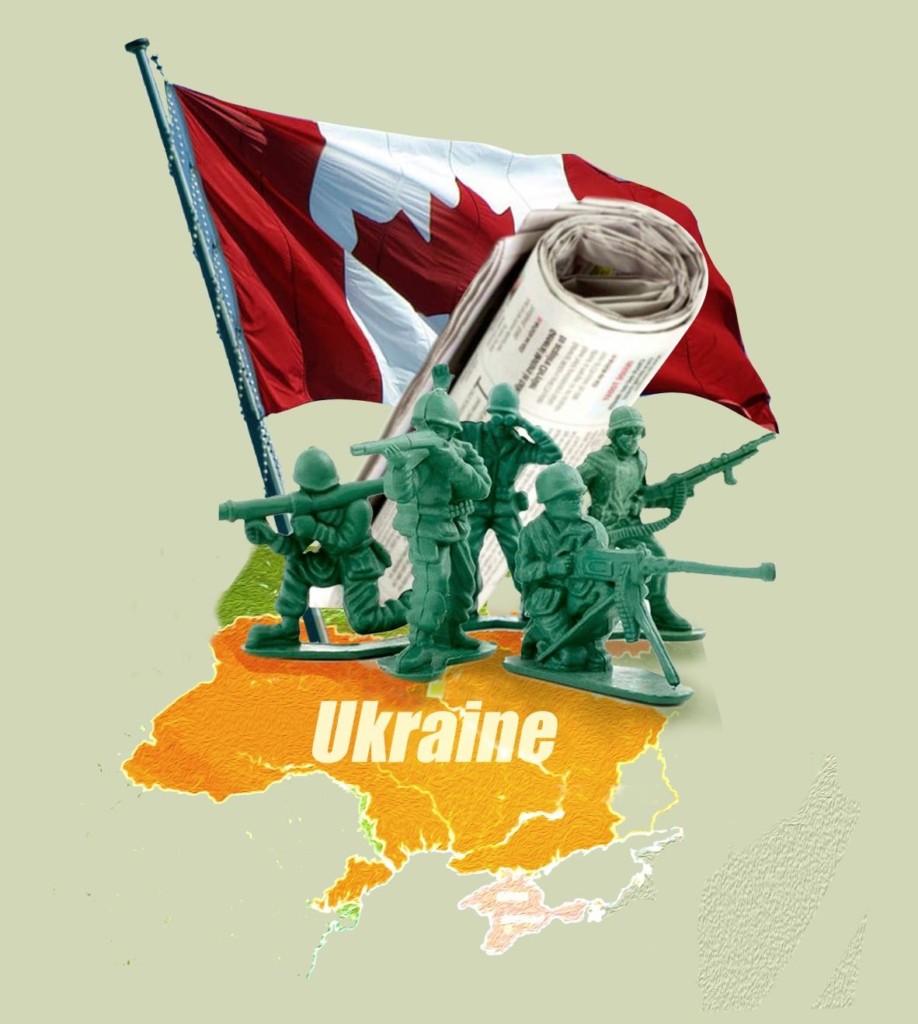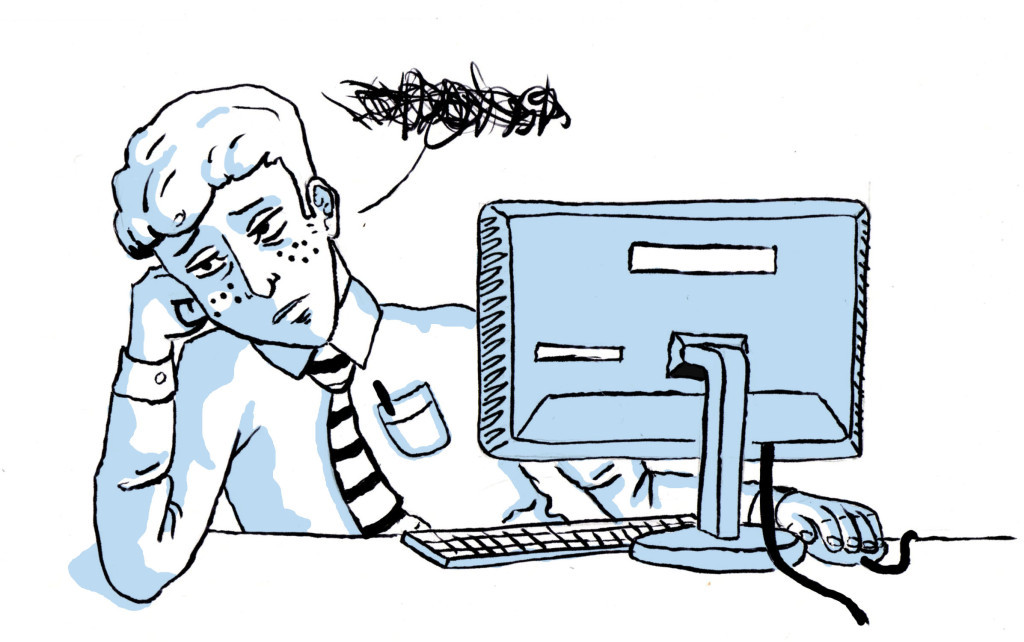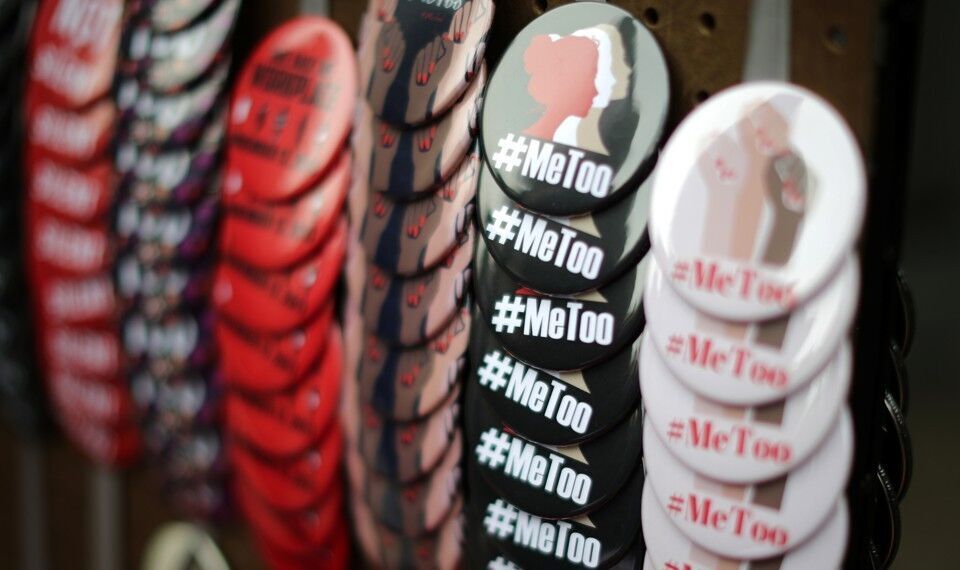
I can’t imagine that this wouldn’t result in the Russian-Ukraine version of “The Troubles” where for 30 years Irish nationalists fought for their freedom against British forces.
Canada may not have the military strength, but we can still support
By Matthew Fraser, Editor in Chief
Recently, the news has been filled with escalating tensions along the Ukrainian-Russian border. On January 17, The Guardian—amongst other news sources—reported that Russia had moved troops to the Ukrainian border, in a move that many found threatening. Through its state media and ambassadors, Russia has replied that it has every right to move its own troops where it pleases within its borders and that this should not be a reason for alarm for anyone else. However, following the 2014 annexation of Crimea, this argument appears thin at best.
But Canada—the good international neighbour we are—has continued to offer aid and support to our Ukrainian companions. Also on January 17, Global News reportedthat Canada had sent its special forces to aid and assist in training and mobilization in Ukraine. Alongside these military efforts, Foreign Affairs Minister Melanie Jolie visited the European state. Shortly thereafter, PM Trudeau provided the Ukrainian government with a $120 million loan; but is this enough?
It seems likely that Vladimir Putin will soon invade; Constanze Stelzenmüller, an expert on European and trans-Atlantic security, estimated that the likelihood of invasion is 60 to 80 percent in an interview with CBC News. And given the relatively small amount of pushback after the Crimean invasion, this makes sense. However, that doesn’t mean that Russia can just jump into invasion mode and be assured success. After the 2014 invasion, Ukraine has strengthened its own defences and in many ways has hardened itself to an unwanted but unavoidable war. In an interview with CBC News, Ukrainian Ambassador to the UK, Vadym Prystaiko emphasized that the Ukraine of today is a different country.
Here is where Canada’s support is most wanted. Prystaiko sees both the military support in the form of weapons and the political support in the form of sanctions or diplomatic moves as being paramount to resolving the crises peacefully. Although Canada has not immediately supplied military hardware to the Ukrainian military, the fact that we have moved troops into the country is a pretty good second.
However, the thing that perplexes me the most is what Putin thinks will happen after he has launched his invasion (should he choose to). The United States and NATO have already promised severe sanctions should this happen which will hurt Russia’s economy, yet in turn, the Russian ambassador to Canada, Oleg Stepanov, told CTV News that sanctions “don’t work economically.” Though I agree that that will not be enough to dissuade Putin from an invasion, I do suspect that over time the pressure it will put on the Russian economy will hurt the meagre support for the invasion that there might be.
However, I do wonder what Putin thinks he will accomplish should he succeed in taking Ukraine. According to the World Population Review, Ukraine has a population of roughly 43 million. If Russia truly wants to absorb Ukraine into itself, the best-case scenario is that NATO and most importantly the US doesn’t step in to defend Ukraine. Even if that were to happen, there would be crushing sanctions and thousands of potential casualties on both sides. Thereafter, Putin would have over 43 million people who would likely not accept his rule or their new position inside the meagre Russian empire. I can’t imagine that this wouldn’t result in the Russian-Ukraine version of “The Troubles” where for 30 years Irish nationalists fought for their freedom against British forces. If anything were to hasten the fight for democracy within Russia, that would be it. On top of the inevitable infighting, there would be the fact that Russia would have to rebuild the destroyed portions of both Russia and Ukraine, further taxing their sanctioned economy.
However, the worst-case scenario for Putin would be if the US choose to step in. This would lead to an unbelievably costly hot war that would hurt the Russian economy tremendously and guarantee an immediate end to Russia-EU trading. As this hot war escalates, the disastrous effects on the Russian economy coupled with the gruelling horrors of war would rapidly escalate the chances of a nuclear war between America and Russia. In a sense, a fight over Ukrainian sovereignty could devolve into not just a regional, but a global worst-case scenario.
Luckily, President Biden and the majority of the European Union have been willing to play it cool and let Russia flex along the border. However, this may not last long if Putin thinks that the benefits of pushing NATO and America outweigh the cost of a potential hot war. Canada may be a small country, but our main goal should be to deter the chances of a hot war between America and Russia while still providing aid to Ukraine and diplomatic assurance to the region. If a continued Canadian presence can do anything, it could signal to rush that a violent incursion into Ukraine risks Canadian casualties and near-guaranteed NATO retaliation. This might serve as the diplomatic pressure Prystaiko wanted.

